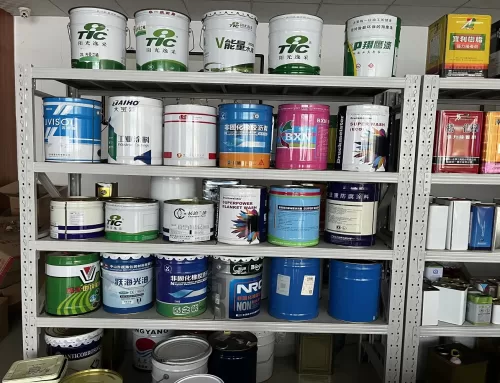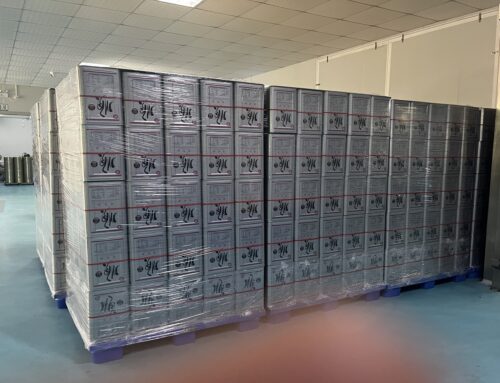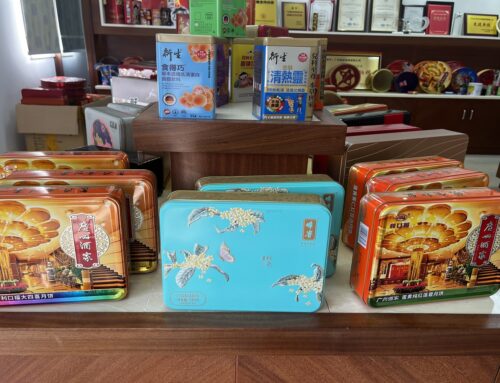Canned food refers to a technology that preserves food by sealing, and can use metal cans, glass jars (especially mason jars) and other containers. The food is generally put into the tank first, sealed, and then processed by high temperature sterilization. (There are also foods that use other weaker sterilization methods, or reverse the two-step sequence.) Canned and sealed foods are also called canned foods.
There are a wide range of canned foods, including meat, seafood, vegetables, fruits and soups. Canned food is now mainly made in factories, but it can also be made at home.
Canned food usually does not require preservatives and can be stored for one to five years. [1] Freeze-dried canned food can be stored for 30 years. In 1974, the canned food produced 109 years ago was salvaged from the wreck of the Bertrand steamship. After testing, it was found that it was still aseptic and edible, but the flavor and flavor had been lost.
The origin of canned food
At the end of the 18th century, French general Napoleon led an army to fight in all directions. Because the front line was too long, a large amount of food would rot and deteriorate after being transported to the front line. He hoped to solve the problem of food storage during the war and march, so he offered a huge reward of 12,000 francs. If someone can invent a prevention For the technology and equipment of food spoilage, he is rewarded with this huge sum of money.
Many scientists in France were thinking hard about this. At that time, there was a chef named Nicolas Appert (1749-1841), who had worked as a worker in sauerkraut factories, wineries, candy shops and restaurants. When he sold foods such as fruit syrup and wine, he found that some tended to go bad, while some were not easy to go bad. He also accidentally discovered that if the food sealed in a glass container is properly heated, it will not deteriorate easily. He was greatly inspired by it. Therefore, Appel responded to the government’s reward and conducted special research on food preservation methods. After ten years of arduous research, he finally succeeded in 1804. He processed the food, put it in a jar, put it all in a boiling water pot, heated it for 30-60 minutes, then used a cork stopper while it was hot, and then reinforced it with a thread or sealed it with wax. It was published after obtaining a patent in 1810. In this way, food can be preserved for a longer period of time without decay and deterioration. This is the prototype of modern canned food.
Appel received a bonus from Napoleon and opened a factory to provide food for the French army. Soon after Appel’s glass cans came out, British businessman Peter Duran developed a tin can made of thin iron and obtained a patent in the UK. This patent was later acquired by Hall and Gamble. And Dong Jin (Donkin) obtained. It is the ancestor of the commonly used iron cans.
In 1862, French biologist Pasteur published a paper stating that food spoilage is caused by bacteria. Therefore, the canning factory adopts the steam sterilization technology to make the canned food reach the absolutely sterile standard. Today’s aluminum foil packaging cans were born in the United States in the 20th century.
Disinfection or sterilization
To prevent spoilage of canned food, it is necessary to prevent the reproduction of microorganisms. There are various disinfection methods to reduce the number of microorganisms (pasteurization, high temperature water bath), and can also be processed by refrigeration, freezing, drying, vacuum, irradiation, etc., or with the help of antibacterial agents and osmotic pressure in food. And other factors.
Complete sterilization is the only way to be completely reliable. Sterilization is done in a special pressure cooker, because the spores of botulinum need a temperature of 116-130 °C to kill. Some cans are cooked during autoclaving.
From the perspective of public health, food with low acidity (pH> 4.6) must be completely sterilized, otherwise there is a risk of botulism. Most vegetables, meat (including seafood, poultry), and milk must be autoclaved. Foods with high enough acidity (pH ≤ 4.6) can be sterilized with a general boiling water bath (100 °C) because the acidity is sufficient to inhibit botulinum spores. Fruits, pickles, and other sour foods fall into this category.




